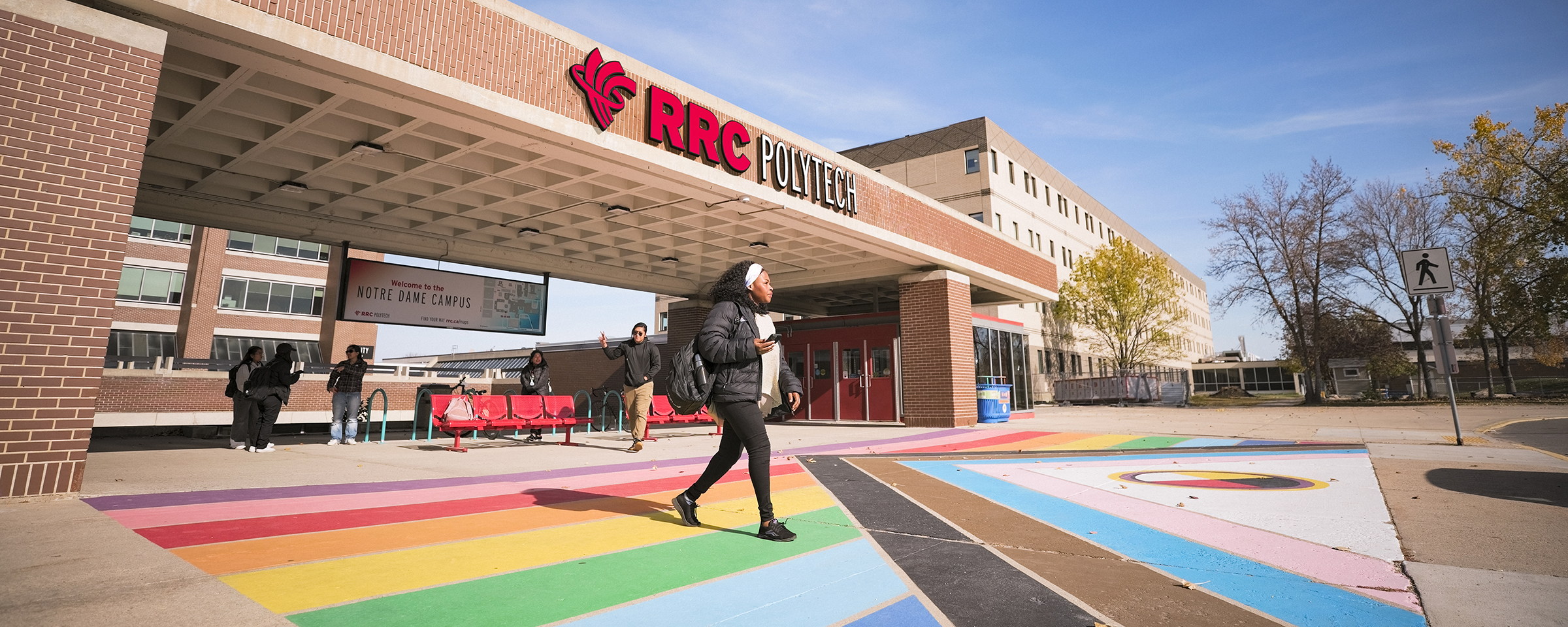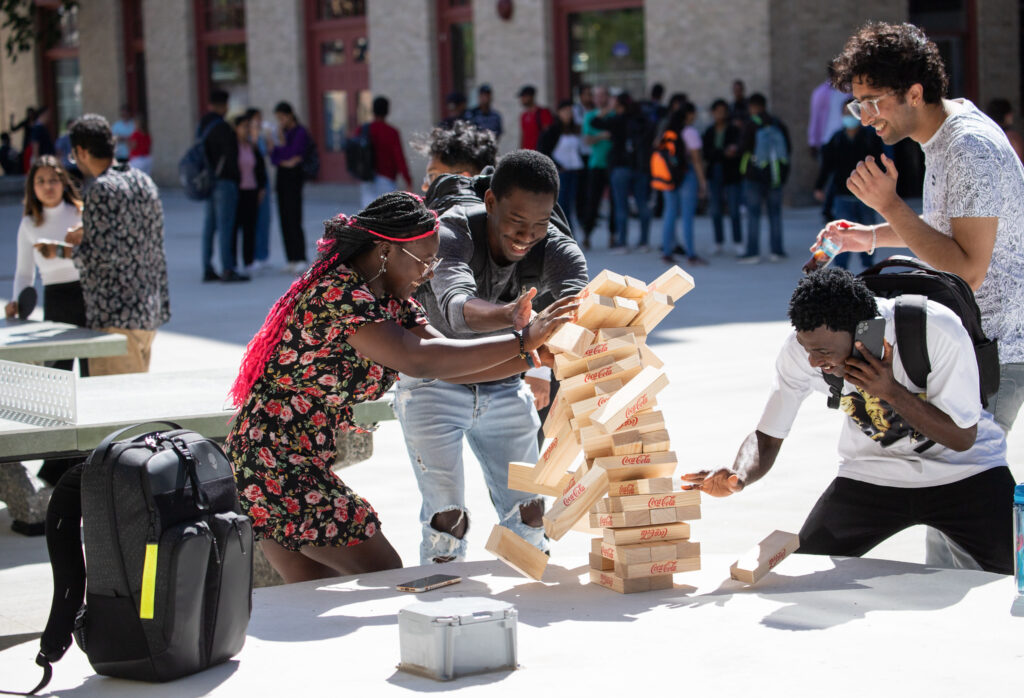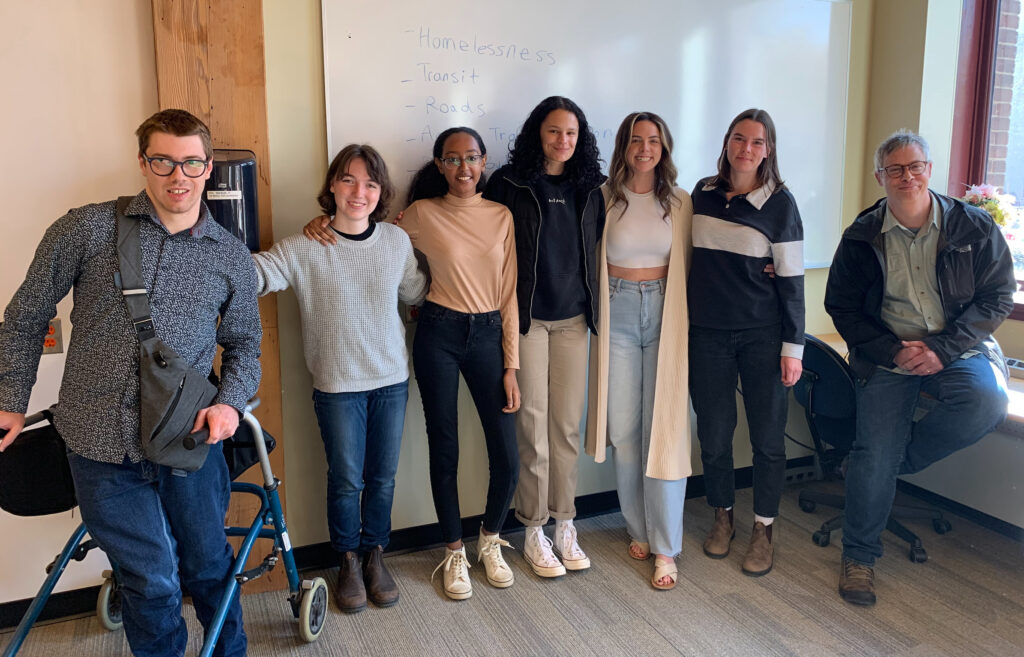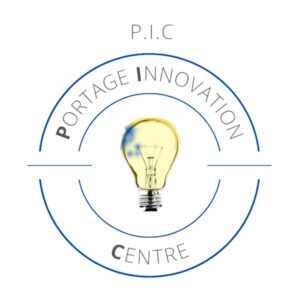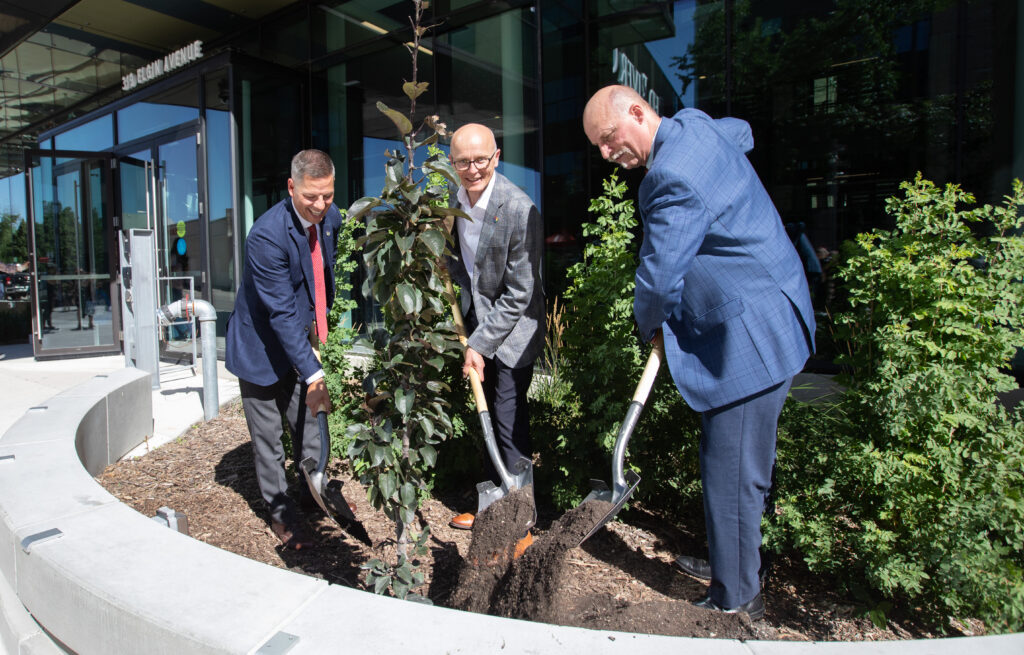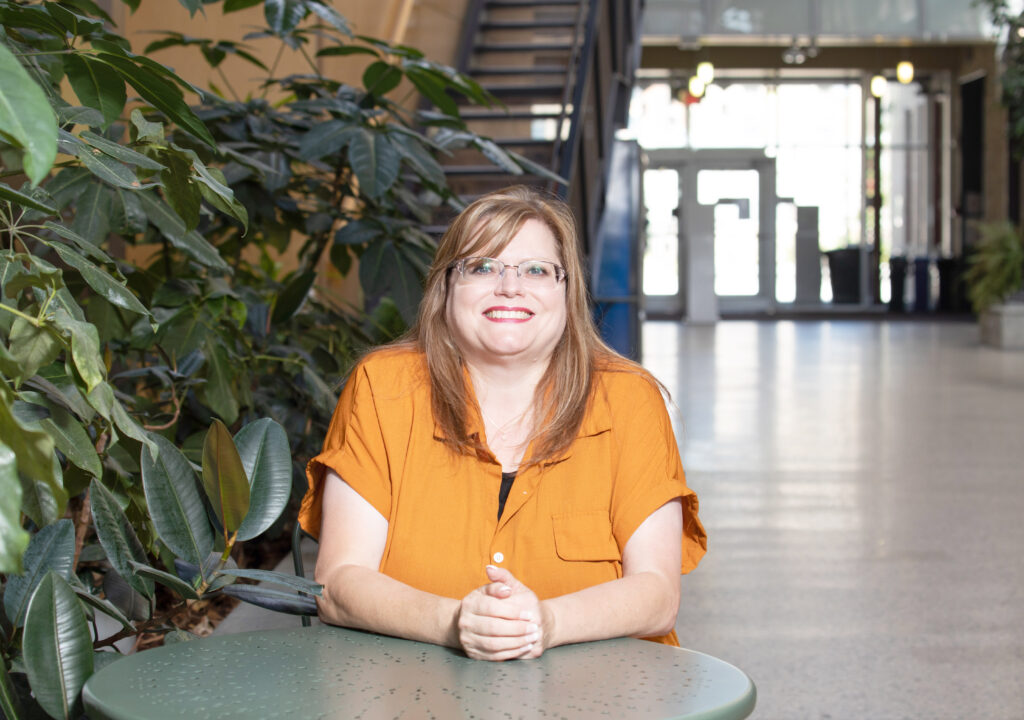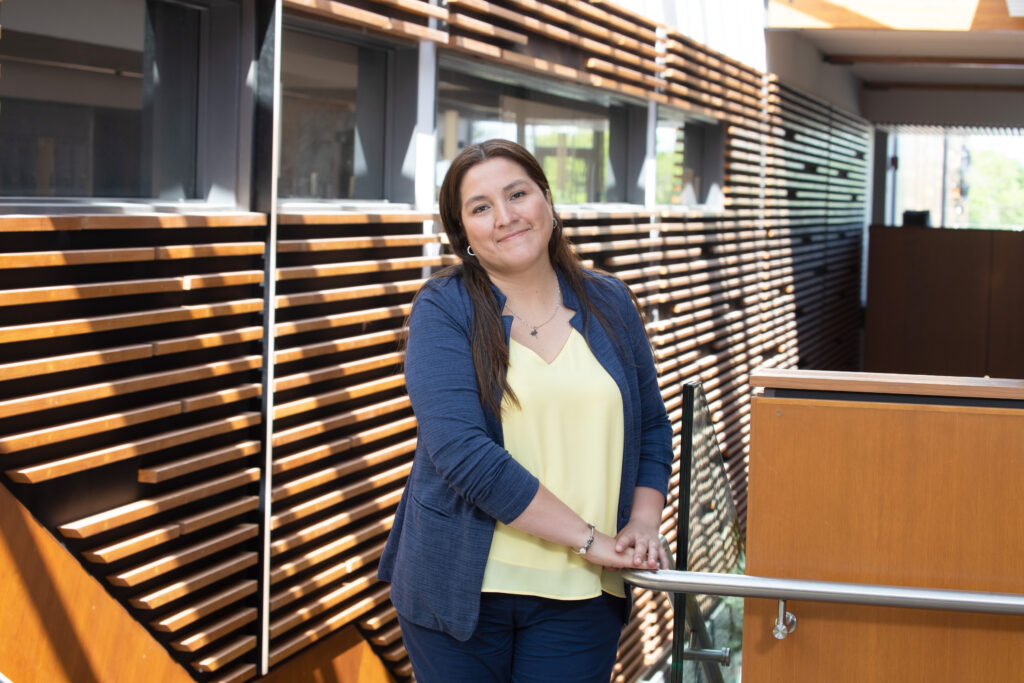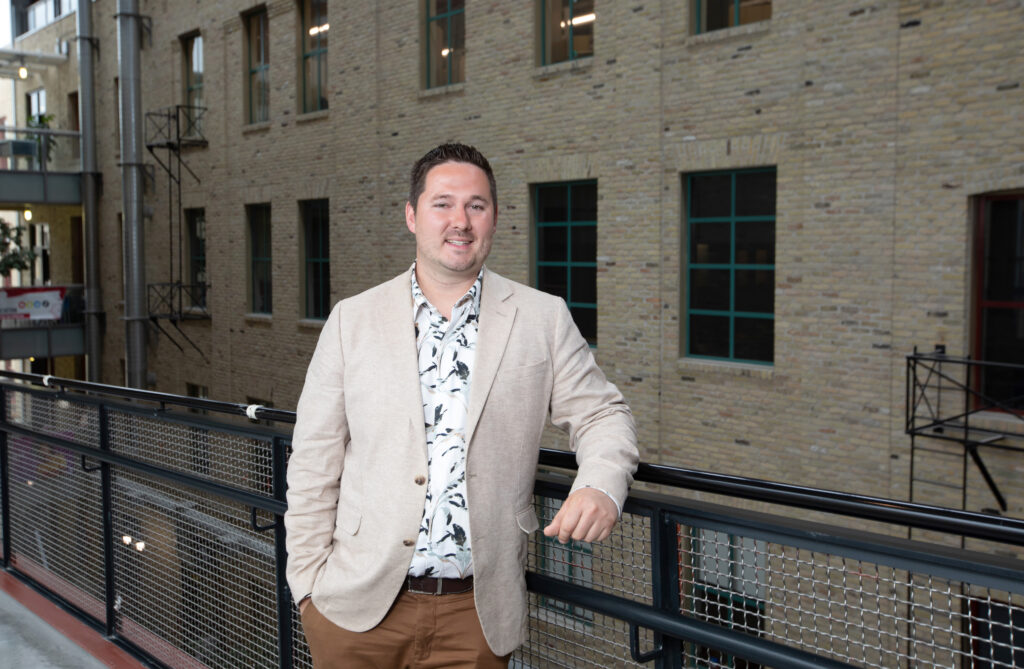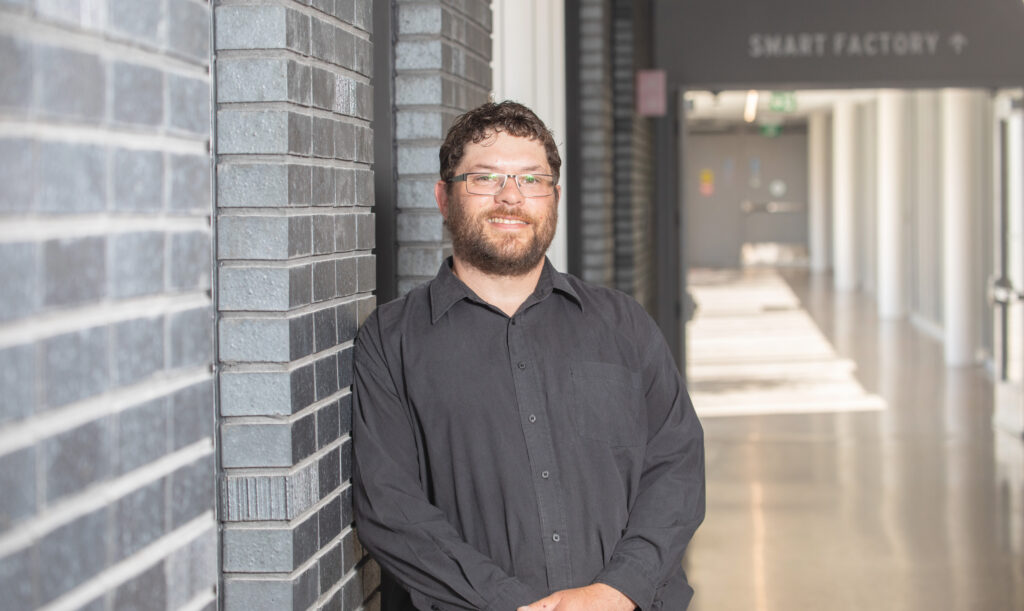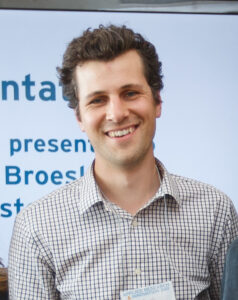Inaugural Inclusion Week celebrates equity, diversity and inclusion at RRC Polytech
RRC Polytech is strengthening its commitment to embodying equity, diversity and inclusion (EDI) with the launch of its inaugural Inclusion Week.
From today until Friday, Nov. 4, the College is hosting a series of virtual and in-person events designed to inspire staff and students to live out the values of EDI at work, in class and in their personal lives.
“The principles of EDI are embedded into everything we do at RRC Polytech, and they make up an important pillar of our Strategic Plan,” says Fred Meier, President and CEO. “Rather than just talking about how important these values are, Inclusion Week gives our community the chance to experience these teachings first-hand through a variety of events they can attend throughout their typical work or school week.”
“One of our strengths as an institution is that we care deeply about the people who work and study here. Inclusion Week helps to foster a respectful, equitable atmosphere for our entire community.”
RRC Polytech is committed to addressing the Truth and Reconciliation Commission of Canada’s Calls to Action within its operations and in its work to advance Indigenous education in Manitoba. This commitment is a critical foundation for the College’s work in pursuing EDI within the institution and its partnerships — because those goals cannot be advanced without doing the work of reconciliation.
Inclusion Week builds off the momentum of RRC Polytech’s Truth and Reconciliation Week, held at the end of September, to further provide staff and students with opportunities to engage in the principles of EDI.
Read More →